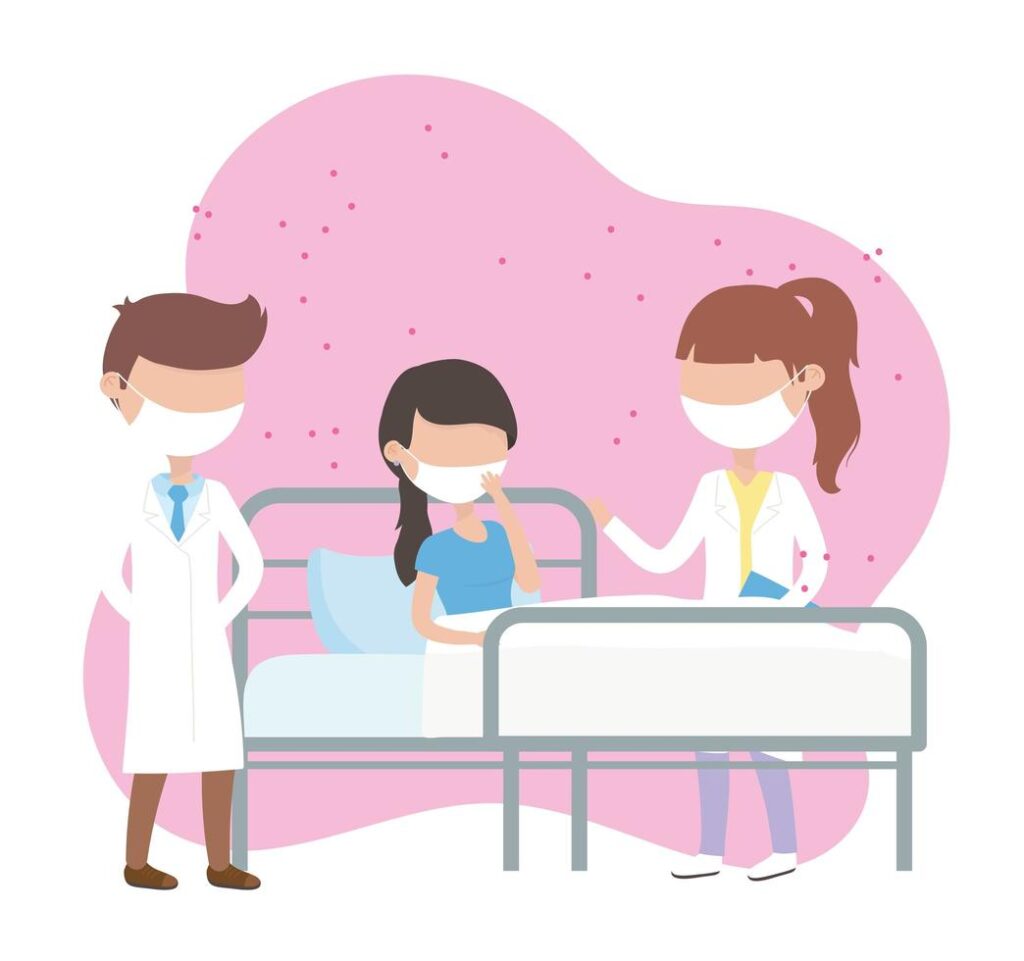
How to Help Your Patients Through Recovery
As a healthcare practitioner or organization, there’s nothing as rewarding as seeing your patients recover and bouncing back to their status before the ailment struck them. In most cases, child and adult healing processes are quite different. As such, how their cases are handled depends on the delicacy of the ailment they are suffering from.
Overall, it gives hope to the patients to know that there is someone who is vouching for their recovery and is there every step of the way to help with the recovery. Now, we understand that it is not easy but it’s quite prudent to be aware of how to go about it. This article, therefore, looks at the different strategies you can use to help your patients with the recovery process. Explore the options.
1.Physical Therapy
Every serious ailment requires therapy. Treatments such as cancer entail the patients to go through several chemotherapies for their recovery. Ensuring that your patient does not miss any session helps them towards their healing goals.
Additionally, if your patients have been in an accident or a fire, they need to know that you can help them recover. If the burns are severe, you can try a fish skin on them. It helps the healing process and repairing the tissues that were damaged during the fire. Once the scars have healed, you can get them through laser therapy in physiotherapy, to help and restore their skin.
The patients in an accident can also be helped through this, especially with the scars.
2.Regularly Check their Vitals
Part of ensuring that your patient recovers well is to regularly check their vitals. This is essential since it helps to note any anomalies in their vitals and be able to deal with them fast, thus saving them from any danger. It also helps their peace of mind to know that they are in good hands. That kind of peace is needed for the patients to trust in their caregivers instead of worrying all the time, which may slow down their healing process.
3.Be Honest With Your Patients
It’s quite good to understand that since you are looking out for your patients, hiding the truth from them does not help at all. You should be able to communicate well with them in a truthful manner and offer all the support they need. It’s always important to have them psychologically prepared for being ambushed later on.
4.Offer Emotional Support
Not every patient who has a serious case believes that they’ll make it out alive. For instance cancer patients and those with brain tumours always believe in a higher affinity of the odds being against them. Always take your time to talk to them and assure them that all will be fine. It’s a small action that will uplift their spirit and willingness to battle through it all.
I know there is an aspect of a therapist, but it helps if it comes from a person who knows exactly what they are going through personally.
5.Ensure they are Comfortable
Not every serious case needs to be a hospitalization case. Others may require home care and this is where things need to be simpler for them. So, instead of treating them like someone whose condition is delicate, whether the case is true or not, try to treat time normally. Offer them the ability to choose what they want to do. You can even allow them to doctor their room with some nice lights. Don’t make them feel helpless. Give them some independence.
6.Give the Right Medication
This is crucial for any patient. Whether they are in a critical condition or not, ensuring that you give them the right medicine should be a key priority. There are a few things you need to understand before you give medications, know their bodies and things they are allergic to. Take the time to talk to your patients and understand any components that they’re allergic to, that might be in the drugs you want to prescribe. Knowing this is crucial since some allergies may be fatal.
7.Be Thorough with Your Diagnosis
Every medical process starts with a diagnosis. Ensure that your laboratory is well equipped with all the necessary equipment needed to carry out as many tests as possible. When your patients come in for anything whatsoever, ensure that you take them through every necessary test before your final diagnosis conclusion. This is essential in finding out other hidden complications that the patient might not be aware of.
Making an early discovery helps you and the patient be able to deal with it earlier before it gets complicated and probably fatal.
8.Recommend a Great Diet
All patients need to understand that they need nutrients in their bodies to recover well. Always recommend a good dieting program to your patients. This is regardless of whether they are in a critical condition or not. Every medicine has a way it alters the normal functioning of the body, they need to have more strength to withstand them.
The Bottom Line
As a caregiver, it helps to know that your patients recover successfully. It’s, however, essential to ensure that while you are invested in ensuring that your patients recover, your relationship should never exceed that of a patient-caregiver. Otherwise, you risk being sued for misconduct and might end up losing your license. Take care and save more lives!





More Stories
wheonx health: Latest Health News Portal
Doctor Salary in India 2025
IntasFFR Login: One step Guide of Healthcare Portal